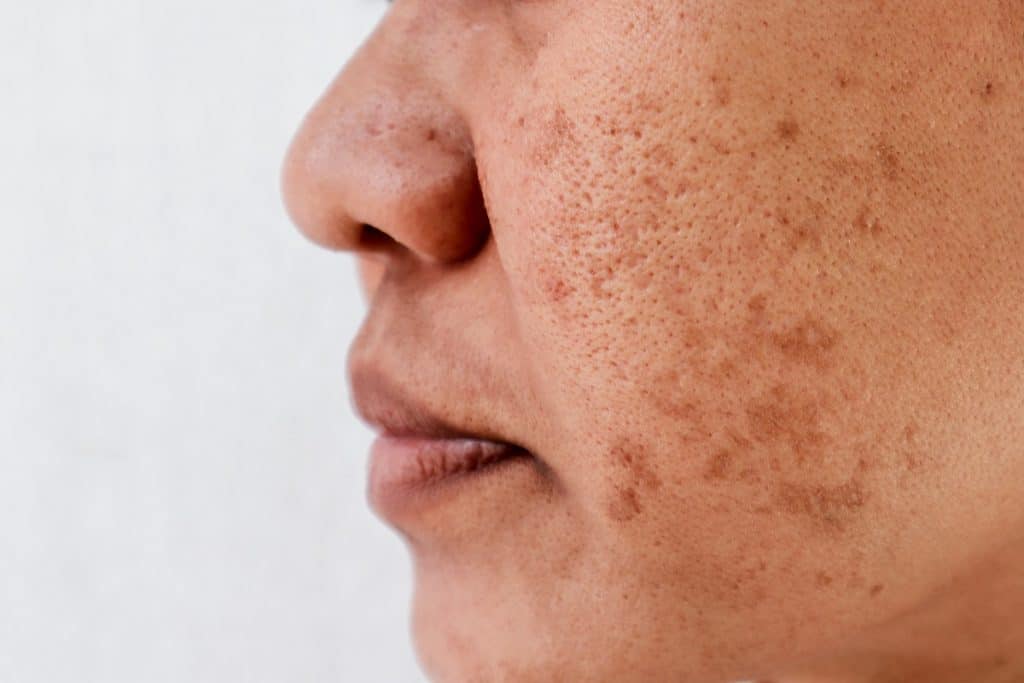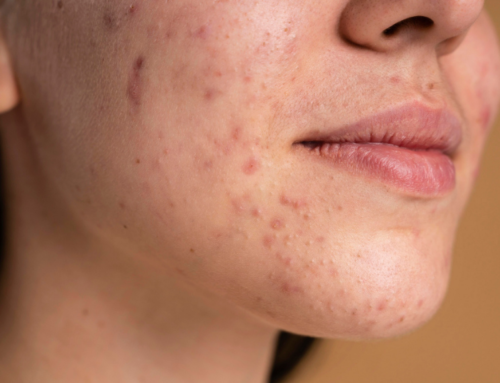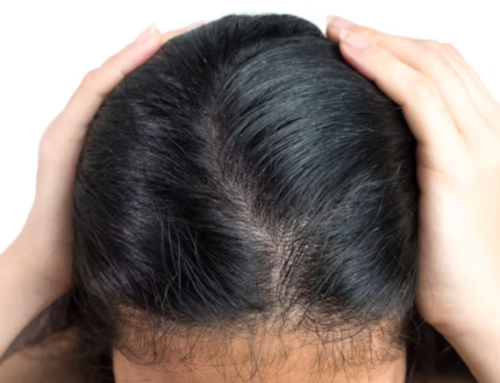Coronavirus vaccinations have a variety of symptoms and also may cause unpleasant responses. According to the Centres for Disease Control and Prevention, certain people are experiencing a reddish, scratchy, swelling, or perhaps even agonizing rash because of their COVID-19 vaccination injection (CDC).
Vaccine-induced rashes and some other skin irritations might produce suffering, but they represent a minimal significant risk to overall healthcare and well-being.
A hypersensitivity response to the COVID-19 vaccination, or indeed any vaccination, happens when the receiver who really is hypersensitive to one or both of the vaccine’s components experiences an undesirable response that progresses to allergy. Although it’s difficult to predict who’ll have it after vaccinations, those with a background (or who have an egg allergy) are at an increased risk of suffering unpleasant responses. Allergies reactivity to vaccinations, while dangerous, is regarded as an uncommon adverse consequence. Not everyone understands it, and medical precedent and assessments have been determined to be in the lower range.
Because COVID vaccinations resemble the real virus, the organism is tricked into thinking it is struggling from a contagious infection. This, throughout, stimulates the body’s natural immunological reactions; that’s why withdrawal symptoms may occur. Having said as much, harmful vaccination effects are frequent across all age ranges. Some folks, meanwhile, may not have had any responses at all. The much more frequent adverse effects of COVID vaccinations are temperature, shivering, headache, and muscle aches, which can then be treated with opioid painkillers.
Hypothetically if one has just received their vaccination and sees a swelling area rash surrounding the injection site, now you may very well have acquired a ‘COVID arm.’
A “Covid arm,” as defined by that of the Centre for Disease Control and Prevention, is indeed a branch that develops a sore upon receiving the COVID vaccination injection. The disease is known as postponed epidermal sensitization in clinical terminology, which simply implies a postponed bad irritation. The adverse response might occur anything from just a few weekdays to a day after the initial dosage. This cutaneous issue, though, does not affect everybody.
A reaction from such a COVID vaccination may cause discomfort around the treated area, inflammation, and puffiness for a few days after receiving the vaccine. It can be rather big at times and then eventually become a reason for alarm. Although the illness sounded and looked terrible, the COVID arm, according to experts, may not be as dangerous and is innocuous.
Thus according to experts, the “COVID arm” is an innocuous immune reaction to the vaccination. According to specialists, it is a known phenomenon and maybe a reaction of the innate immunity to the COVID vaccination, which diminishes after 4-5 days.
Several patients taking their COVID vaccinations experienced hypersensitivity. However, it is not causing alarm; it is possible that only a few people are more susceptible to it than others.
Women, it is claimed, seem to be slightly more likely than men to have inflammatory or cutaneous responses following immunization. Individuals who have a background of allergic responses, asthmatic, or sensitivities are also more prone to have symptoms.
However, as serious as it may appear, many side effects are treatable with specialized treatment from any specialized skin doctor in Hyderabad, Chennai, Bangalore, or any and every modern city.
Dr. Pranjal Shamsher is the first Skin Doctor in Bangalore to offer natural, non-surgical and non-invasive treatments for skin disorders. She is a Registered Medical Practitioner (Registration No A-6516) and a true pioneer in Skin-Friendly Treatments.








